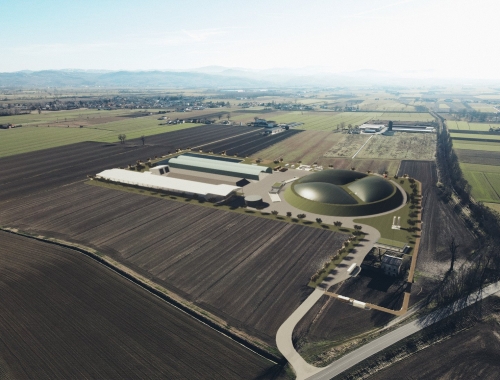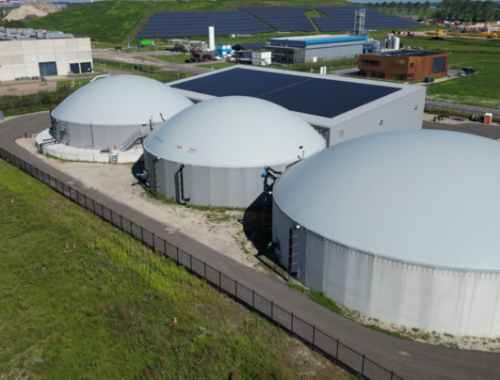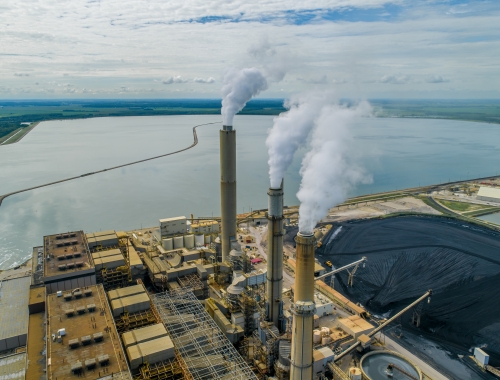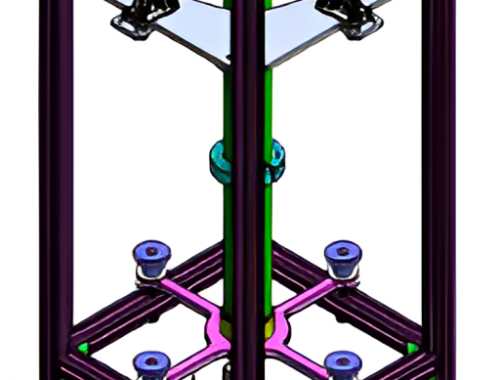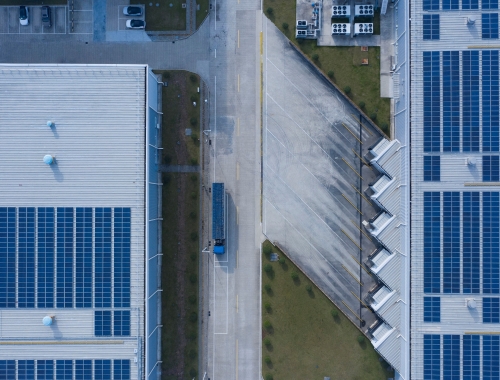India mandates CBG blending in CNG, domestic piped gas
SUMMARY
The compulsory blending obligation will begin at 1% of total CNG and domestic PNG consumption in fiscal 2025-26, gradually increasing to 5% by fiscal 2028-29.
By Shardul SharmaThe Indian government on November 25 announced a phased mandatory blending of compressed biogas (CBG) in CNG and domestic piped natural gas (PNG) segments starting the fiscal year 2025-26. This move is aimed at reducing reliance on traditional fossil fuels, promoting sustainable energy sources, and achieving net zero emission goals.
Under the new policy, the compulsory blending obligation will begin at 1% of total CNG and domestic PNG consumption in fiscal 2025-26, gradually increasing to 5% by fiscal 2028-29. The government expects this policy to stimulate demand for CBG, reduce imports of LNG, promote circular economy by utilising organic waste, and contribute to achieving net zero emission targets.
Indian petroleum and natural gas minister Hardeep Puri said that it will encourage investment of around 375bn rupees ($4.5bn) and facilitate the establishment of 750 CBG projects by fiscal 2028-29.
A central repository body shall monitor and implement the blending mandate based on the operational guidelines approved by the government.
CBG companies, such as Gurugram-based EverEnviro Resource Management, have expressed their support for the new policy. “This move will provide the necessary stability for CBG developers to make substantial investments in infrastructure, ensuring a reliable and sustained supply of CBG,” said Mahesh Girdhar, CEO of EverEnviro Resource Management.
EverEnviro is currently undertaking 20 CBG projects across India, with five projects slated for commissioning by March 2024. The company is optimistic that the new policy will accelerate the adoption of CBG as a clean and renewable energy source.

